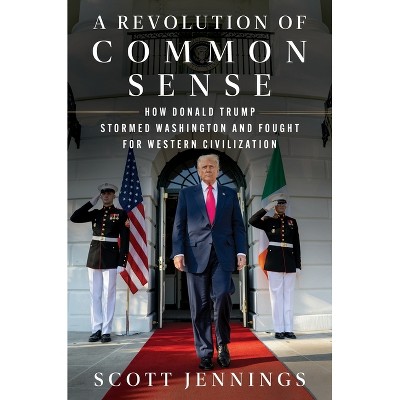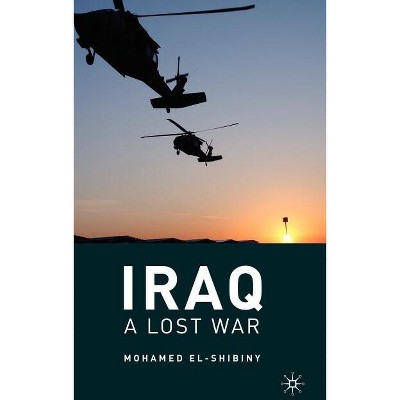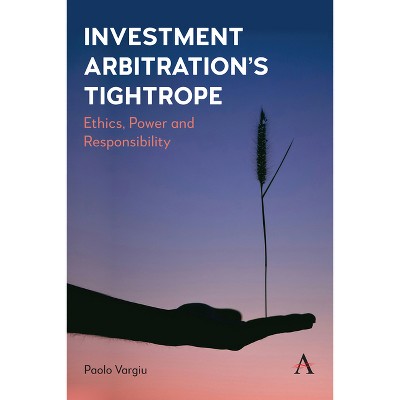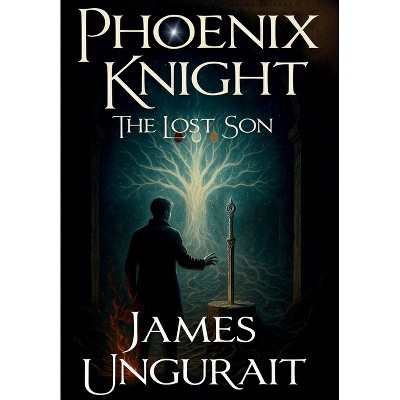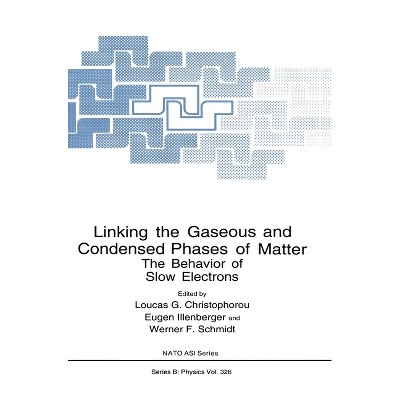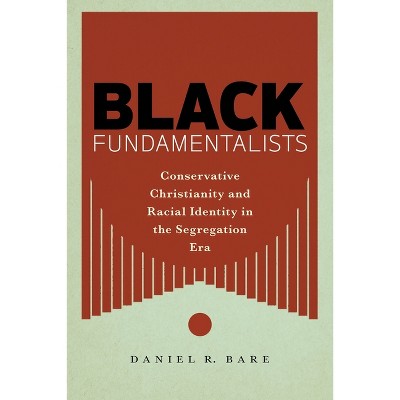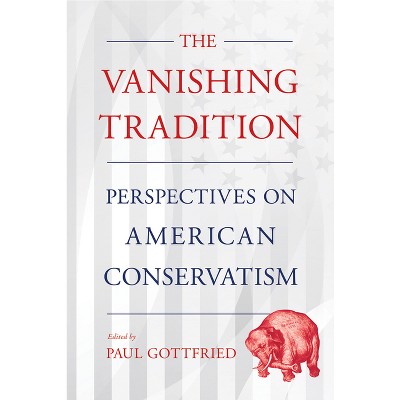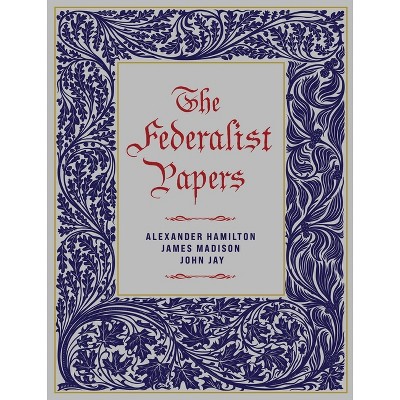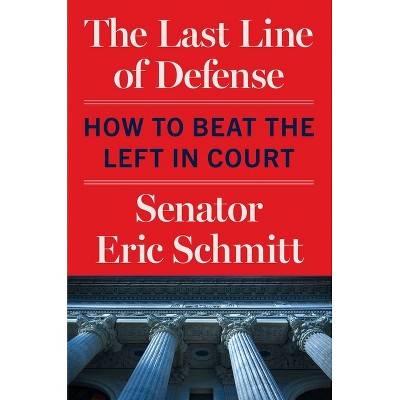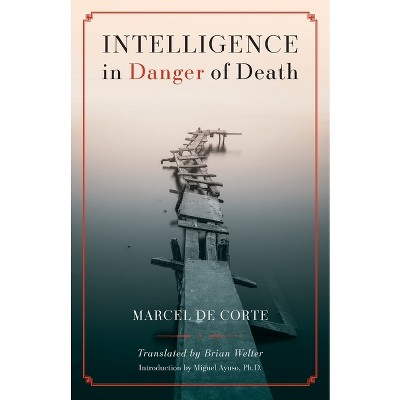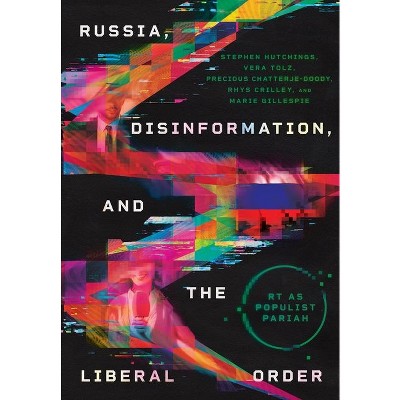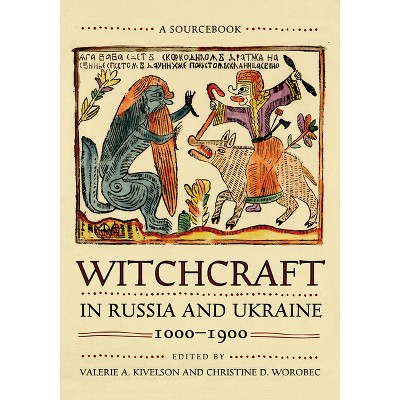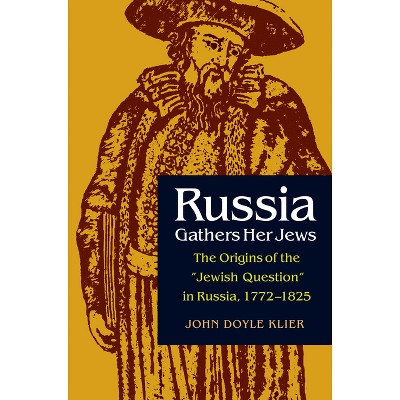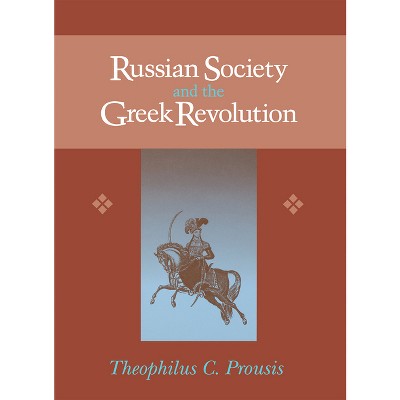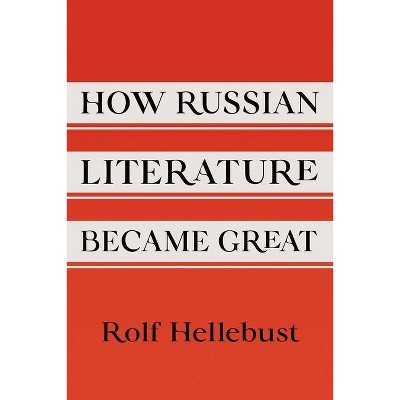Sponsored

Russia's World Order - (Niu Slavic, East European, and Eurasian Studies) by Paul Robinson (Hardcover)
In Stock
Sponsored
About this item
Highlights
- Russia's World Order explores the ideas underlying the undeclared New Cold War between Russia and the West.
- About the Author: Paul Robinson is a Professor in the Graduate School of Public and International Affairs at the University of Ottawa.
- 168 Pages
- Political Science, World
- Series Name: Niu Slavic, East European, and Eurasian Studies
Description
About the Book
"This book examines the ideology of Russian civilizationism, according to which history does not march in a single direction but rather consists of multiple civilizations advancing in multiple directions. The book analyzes the main strands of Russian civilizationism and how civilizational rhetoric has now become commonplace in Russian official discourse"-- Provided by publisher.Book Synopsis
Russia's World Order explores the ideas underlying the undeclared New Cold War between Russia and the West. The first Cold War was a struggle between capitalism and communism; most Western politicians and policymakers imagine the new one to be a struggle between democracy and autocracy. Russia's World Order explains that in Russian eyes, the conflict is about something very different: it is a fight between two incompatible visions of where history is leading.
Russia's World Order describes the civilizational theory that has come to dominate Russian official discourse, and that has come to dominate Russian official discourse and that is being used by the Russian state to justify its clashes with the West. Whereas the West promotes a vision of history that drives all nations toward convergence on a single social, political, and economic model (that of modern Western liberalism), Russia's political leaders increasingly portray the world as consisting of numerous distinct civilizations, each diverging toward its own unique destination. The Russian state portrays itself as defending the right of all civilizations to chart their own independent path of development and is having some success in using this logic to win allies around the world.
Paul Robinson recounts how ideas of inevitable convergence once dominated Russian thought as well but were gradually pushed out by civilizational theories. He outlines where these theories came from, what they propose, and how they became popular. Russia's World Order thereby reveals the true nature of today's New Cold War and the challenge that Russian civilizationism poses to the West.
Review Quotes
Robinson provides a compelling overview of the genesis of Russian civilizationism from Nikolai Danilevsky and Konstantin Leontiev to the present day. Recommended
-- "Choice"In his rich and persuasive account, Robinson traces the roots of civilizational theory to both Western and Russian philosophers of the twentieth century.
-- "Foreign Affairs"About the Author
Paul Robinson is a Professor in the Graduate School of Public and International Affairs at the University of Ottawa. He is the author of numerous works on Russian, Soviet, military, and intellectual history, including Russian Conservatism and Russian Liberalism.
Shipping details
Return details
Frequently bought together

Guests also viewed
